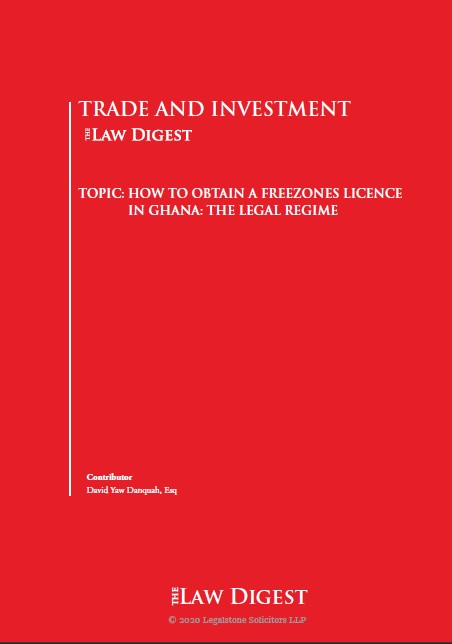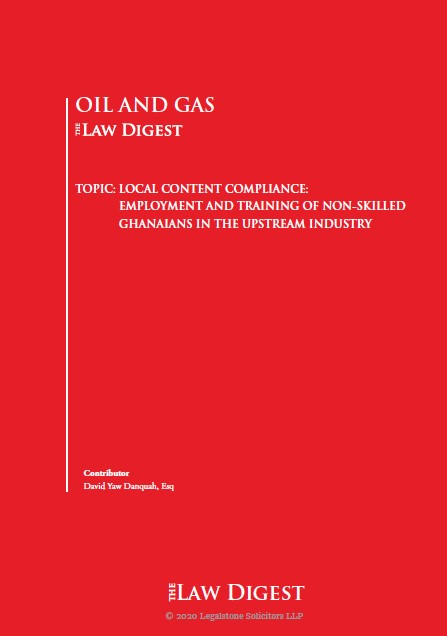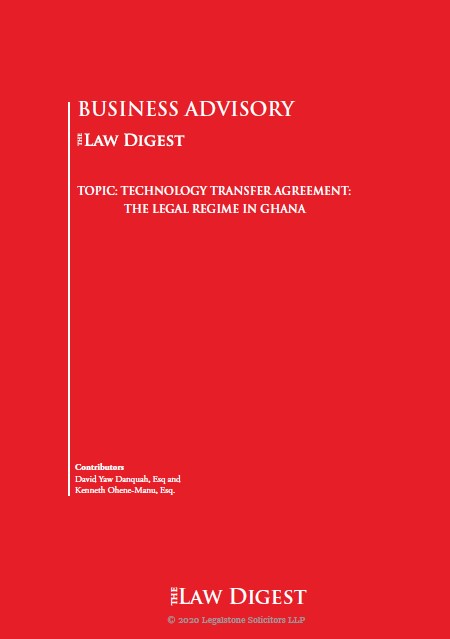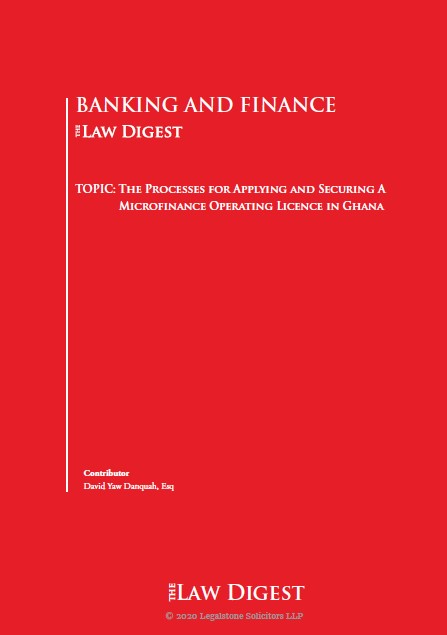
Starting a business in Ghana involves several steps and adherence to legal procedures. The guide below outlines the processes and requirements for incorporating a private limited liability company in Ghana, along with additional considerations and mandatory registrations.
- Choose the Type of Company:
– A private limited liability company is a popular choice.
– Other options include a company limited by guarantee, an unlimited company, or an external (foreign) company.
- Decide on Company Directors and Secretary:
– Minimum of two directors, both natural persons over 18 years, with at least one being ordinarily resident in Ghana.
– The company secretary can be a natural person or a body corporate.
- Appoint Auditors:
– The directors appoint the first auditors for the company.
- Choose a Business Name:
– Confirm the availability of the chosen business name.
- Register with the Ghana Revenue Authority (GRA):
– Obtain a Tax Identification Number (TIN) for members.
- Prepare the Company’s Regulations:
– Regulations must cover essential details such as the company’s name, objects, powers of directors, share capital, liability of members, etc.
- Submission to Registrar of Companies:
– Submit the application for incorporation to the Registrar of Companies.
- Pay Registration Fees:
– Pay the capital duty at a rate of 1% of the company’s stated share capital and the registration fee.
- Register with the Ghana Investment Promotion Centre (GIPC):
– Comply with minimum capital thresholds for companies with foreign equity participation.
– Exceptions to minimum capital requirements for certain business activities.
- Obtain GIPC Certificate:
– Benefits include customs import duty exemptions, various tax benefits, investment guarantees, and automatic expatriate quotas.
- Register with Other Mandatory Institutions:
– Ghana Revenue Authority: Register for tax purposes.
– Social Security and National Insurance Trust (SSNIT): Mandatory for employee contributions.
– Environmental Protection Agency (EPA): Obtain an Environmental Impact Assessment Certificate if required.
– Metropolitan, Municipal, or District Assembly: Obtain a Business Operating Permit.
- Apply for Special Licenses:
– Depending on the industry, obtain licenses from relevant regulatory authorities.
- Open a Business Account:
– Corporations meeting minimum capital requirements and holding a GIPC Certificate can open corporate accounts.
- Register with the Data Protection Commission:
– All organizations collecting personal data must register to obtain a license.
- Understand Tax Liabilities:
– Ghana Revenue Authority oversees direct and indirect taxes.
– Direct taxes include individual and corporate income taxes, and capital gains taxes.
– Indirect taxes include Value Added Tax (VAT), Customs and Excise Duties.
Legal Disclaimer:
The legal notice emphasizes that the contents of the publication are for reference purposes only, and specific legal advice should be sought based on individual circumstances.
Please consult legal professionals for the most accurate and up-to-date advice tailored to your specific situation.
About the Contributor
Mr. David Yaw Danquah, Esq., is the founder and Managing Partner of Legalstone Solicitors, a leading law firm in Ghana specializing in Corporate and Commercial, Mining and Infrastructure, Family Law, Debt Recovery and Restructuring, Real Estate, Construction Law, and Commercial Arbitration.
















